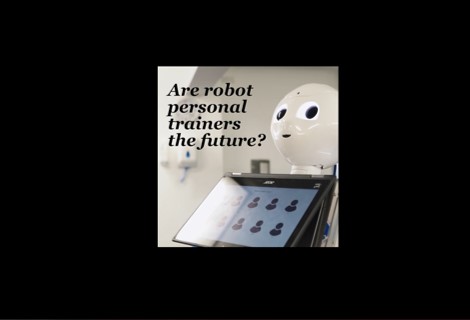User-Led Interaction Design & Automation
How can we let expert users, whether that's e.g. healthcare practitioners, teachers, or even just users themselves, lead the design and development of robots, supporting them in the design and automation of HRI which leverages their tacit expertise and is tailored to their needs?
I use participatory design methods to work with diverse user groups in identifying and refining HRI applications and interaction design. This is complimented by my work on interactive machine learning and end user programming approaches which support continued user participation into the robot automation stage, aiming for socially intelligent robots taught in-situ with locally collected data in place of 'off-the-shelf' AI models or training via big data and crowdsourcing.
This is reflected in the culminating study of my PhD work: real-world, longitudinal deployment of a robot fitness coach designed and taught, in-situ, by a university fitness instructor. The video below presents a short explainer, or you can hear more from me, the fitness instructor and a couple of our participants in this short BBC Click feature.
Currently, I'm working to explore whether this sort of approach can be used to develop novel and ethical interaction strategies whilst also educating users about e.g. mechanisms of machine learning/automation and technology ethics.
Selected Publications
Gillet, Sarah, et al. "Ice-Breakers, Turn-Takers and Fun-Makers: Exploring Robots for Groups with Teenagers." 2022 31st IEEE International Conference on Robot and Human Interactive Communication (RO-MAN). IEEE, 2022. Paper.
Winkle, Katie, Emmanuel Senft, and Séverin Lemaignan. "LEADOR: A Method for End-To-End Participatory Design of Autonomous Social Robots." Frontiers in Robotics and AI 8 (2021). Paper.
Winkle, Katie, et al. "In-situ learning from a domain expert for real world socially assistive robot deployment." Proceedings of Robotics: Science and Systems (2020). Paper; Video Presentation
Winkle, Katie, et al. "Mutual shaping in the design of socially assistive robots: A case study on social robots for therapy." International Journal of Social Robotics 12.4 (2020): 847-866. Paper.
